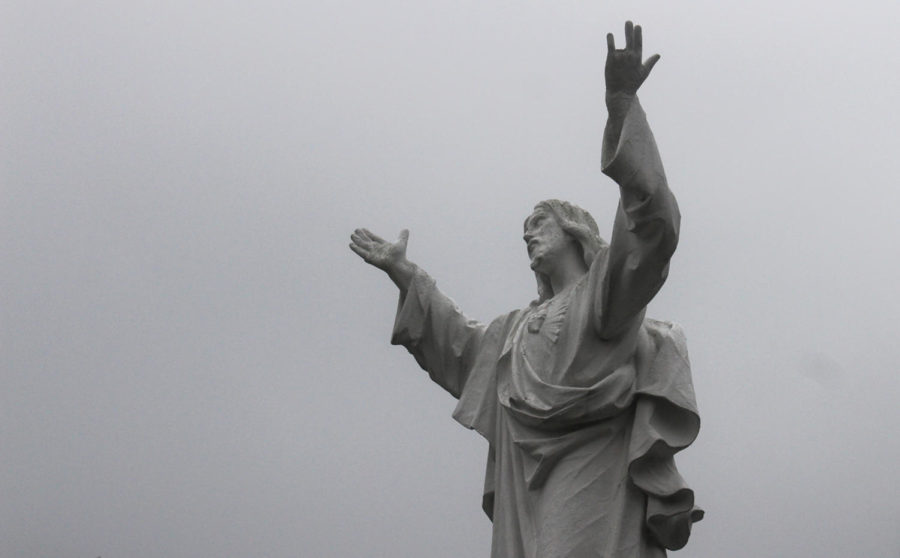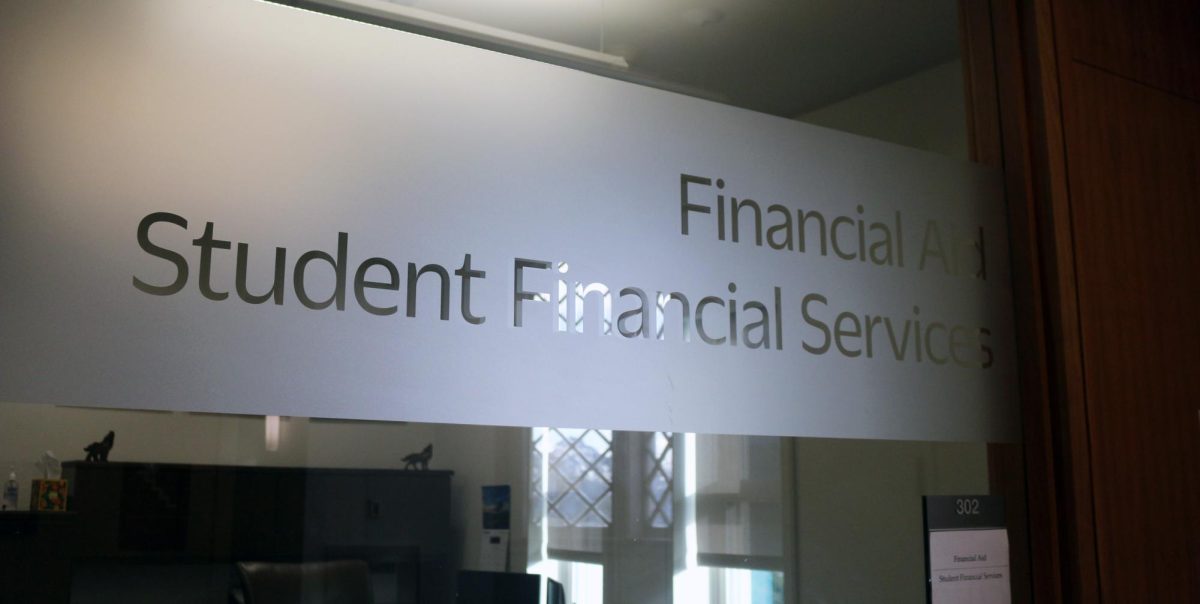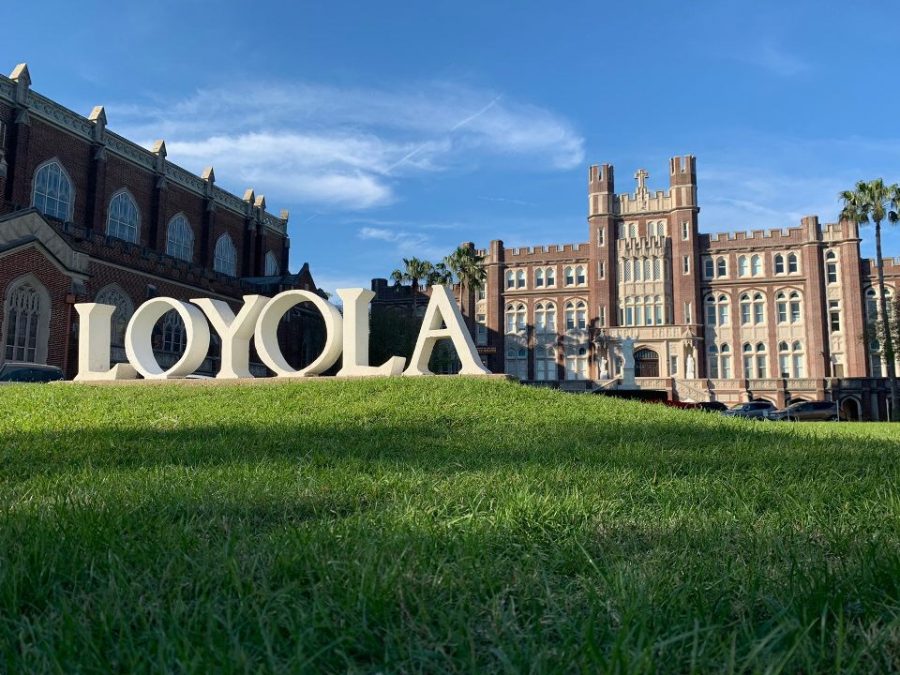WASHINGTON (AP) – With college enrollment growing, student debt has stretched to a record number of US households – nearly 1 in 5 – with the biggest burdens falling on the young and poor.
The analysis by the Pew Research Center found that 22.4 million households, or 19 percent, had college debt in 2010. That is double the share in 1989, and up from 15 percent in 2007, just prior to the recession – representing the biggest three-year increase in student debt in more than two decades.
The increase was driven by higher tuition costs as well as rising college enrollment during the economic downturn. The biggest jumps occurred in households at the two extremes of the income distribution. Wealthier families are digging deeper into their pockets to pay for costly private colleges, while lower-income people in search of higher-wage jobs are enrolling in community colleges, public universities and other schools as a way to boost their resumes.
Because of the sluggish economy, fewer college students than before are able to settle into full-time careers immediately upon graduation, contributing to a jump in debt among lower-income households as the young adults take on part-time jobs or attend graduate school, according to Pew.
As a share of household income, the debt burden was the greatest for the poorest 20 percent of households, or those making less than $21,044. In all, 40 percent of US households headed by someone younger than age 35 owed college debt, the highest share of any age group.
“Comparing the debt to their economic resources, the lowest-income fifth of households are the ones experiencing the greatest stresses,” said Richard Fry, a senior economist at Pew who analyzed the numbers.
The study released on Sept. 26 is based on the Survey of Consumer Finances, conducted every three years and sponsored by the Federal Reserve. The numbers are as of 2010, the latest available for that survey.
Both President Barack Obama and challenger, Mitt Romney, have been seeking to court young voters with differing visions on how to address rising tuition and growing college debt. President Obama wants to make tax credits for college expenses permanent and expand Pell grants for lower-earning families. Romney says that making government the direct source of federal student loans has not worked and simply drives tuition higher. He stresses the need to curb college costs.
The Pew report found that the richest 20 percent of households, or those with annual income of $97,586 or higher, owed the biggest share of outstanding student debt – 31 percent, up from 28 percent in 2007. The poorest 20 percent of households also saw their debt grow from 11 percent to 13 percent.
Across all households, the average outstanding college debt increased from $23,349 to $26,682. For the poorest 20 percent of households, the average debt rose from $19,018 to $20,640. For those with annual income of $97,586 to $146,791, college debt rose from $25,921 in 2007 to $31,989.













